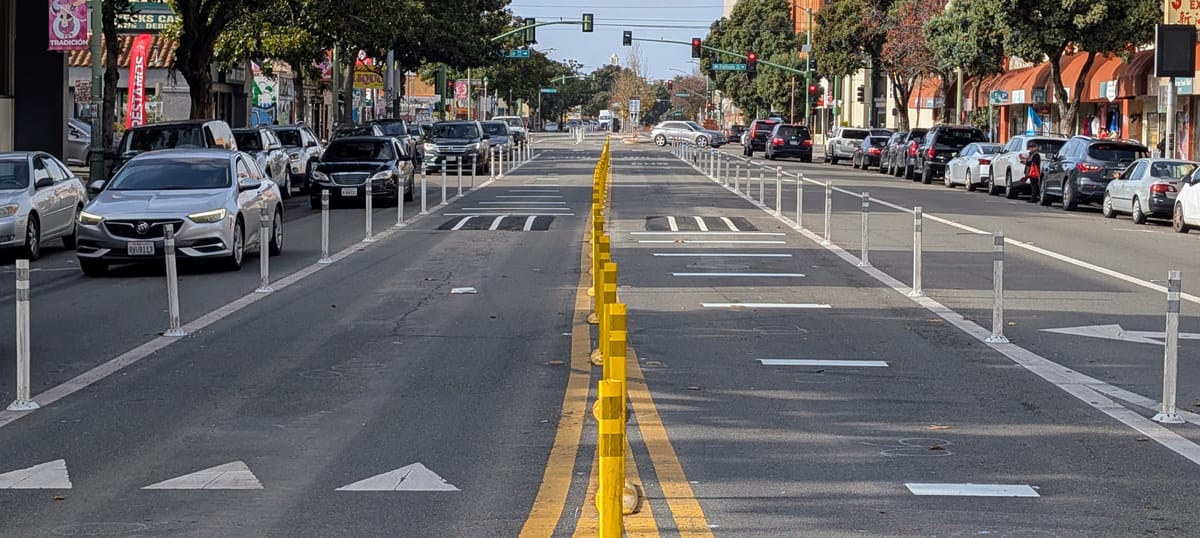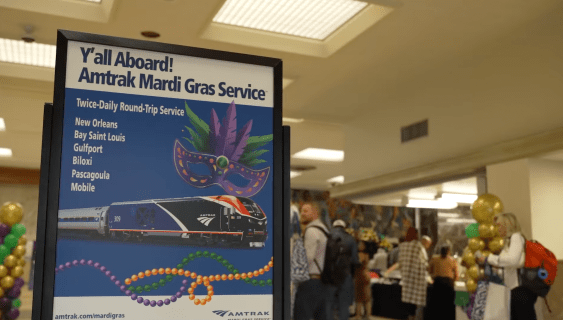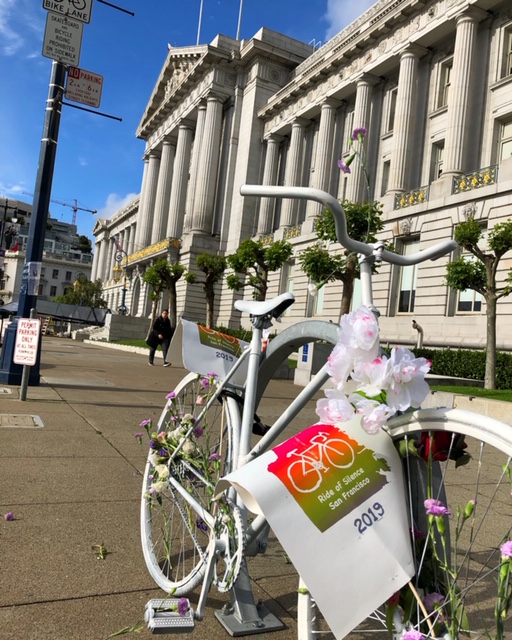Speaker John Boehner called the House of Representatives back into session yesterday, while the Senate will reconvene next Tuesday. And not a moment too soon: A number of major transportation laws will expire shortly, with calls to action coming from both sides. After all, many of these laws are extensions of extensions, and each side is hoping to claim a victory in an election year.
That sense of urgency has been seen on the hill for years now, however. The question for 2012 is: Will this session’s theme song be The Final Countdown or The Neverending Story?
Here’s a recap and preview of Congress’ pressing transportation-related business.
First Things First: Aviation
Aviation policy isn’t usually something that gets mentioned on Streetsblog. It isn’t included in the federal surface transportation authorization bill (for obvious reasons) and airplanes only rarely wind up having to share our streets. However, theFAA authorization law ran out over 4 years ago and has been extended 22 times… and it runs out again in 14 days. It is expected to be a priority for Congress, one which they will tackle before any other transportation legislation, even if all they decide to do is extend it for a 23rd time until after the election.
Once That’s Done: The 2011 Tax Extender Extender
The bill that extended the payroll tax cut and unemployment insurance – but allowed a tax break for transit commuters to fall to half that of people parking their cars – expires at the end of February. Two committees could facilitate its reinstatement: the Republican-controlled House Ways & Means or the Democrat-controlled Senate Finance. Senator Charles Schumer has been very vocal in his support for restoration of the transit commuter benefit at its 2011 level, and there could be enough support to reinstate it for the rest of 2012. Sen. Schumer has called for the benefit to be extended retroactively to January and February, but the nature of a monthly benefit — as opposed to an annual one — likely makes a retroactive extension problematic to the point of being unworkable.
The Main Event: Surface Transportation Reauthorization
The current federal law authorizing highway and transit programs, SAFETEA-LU, expires in 73 days. As with aviation, the chance does exist that the surface transportation law will simply be extended until after the election (it would be the 9th such extension), but Politico reports that the House Transportation Committee Chair John Mica and Ranking Member Nick Rahall intend to avoid that. Larry Ehl at Transportation Issues Daily did a pretty good job yesterday of breaking down the three major decisions facing surface transportation reauthorization: length of bill (in years), size of bill (in dollars), and source of funds. Each depends a great deal on the other two, and so far there are only two seriously contending combinations:
- Six Years, $285 Billion, Drill Baby Drill – This is Mica’s proposal from last October, up from $230 billion in July. It represents a 33 percent decrease in funding compared to the previous long-term appropriation. Its lower annual value reflects Mica’s desire not to spend more than the Highway Trust Fund takes in from the federal gas tax. As planned, the bill faces a roughly $100 billion shortfall in the Highway Trust Fund, which Speaker John Boehner seems to think could be plugged with proceeds from drilling. (Boehner had supported a five-year transportation bill, but never unveiled it.) House Republican Aaron Schock – Secretary Ray LaHood’s successor in Congress — has been drumming up support for a long-term bill offset by drilling, and sent a letter to President Obama in December signed by 62 Democrats and 49 Republicans encouraging him to accept such a bill. Schock thinks a vote could come as soon as next month.
- Two Years, $109 Billion, ??? – This is Sen. Barbara Boxer’s Senate Environment & Public Works Committee bill, which has already been passed with unanimous bipartisan support by the committee. Like the House proposal, its streamlining of federal programs would end dedicated funding for things like Transportation Enhancements and Safe Routes to School. However, it is incomplete: The Senate Banking Committee still has not submitted a Transit title, and the Finance Committee is still looking for $12 billion in “pay-fors” to make the bill pencil out. Several Republican Senators have proposed a combination of redirections from other trust funds, plus drilling (naturally), to fill that gap.
No hearing or markup dates have been set by either house.
The Distant Future: Department of Transportation Authorization
While a long-term surface transportation authorization bill would fund U.S. DOT’s programs, the department itself is kept running by a separate law, which will expire on September 30. The way this Congress has flirted with government shutdowns, what should be a routine, ho-hum law could be sucked into the larger partisan debate over government spending.





